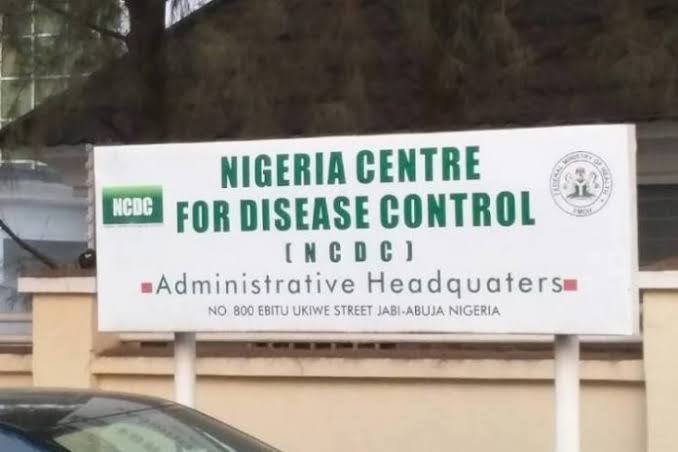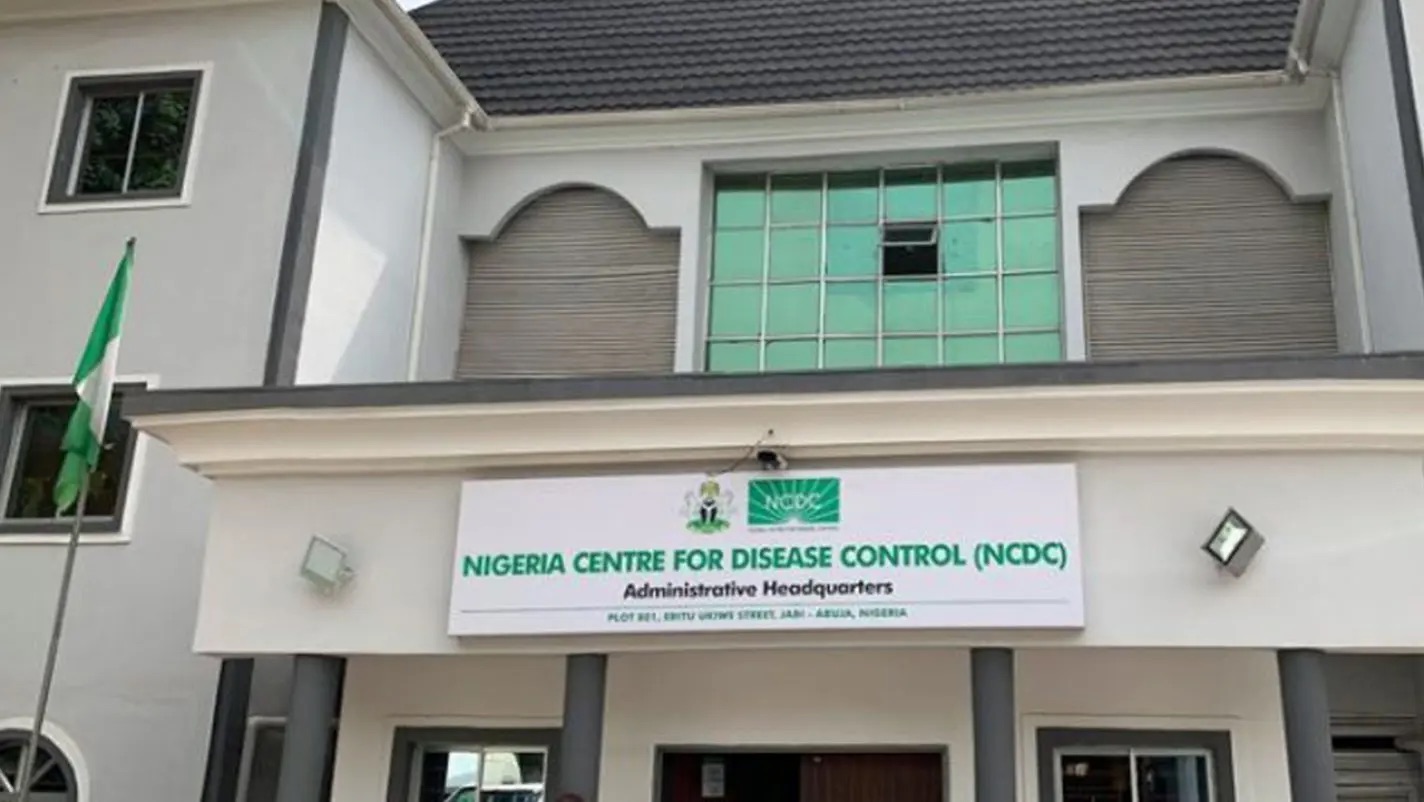The Nigeria Centre for Disease Control and Prevention (NCDC) has issued a grave warning over the simultaneous outbreaks of multiple infectious diseases currently threatening public health across the country. In a statement released on its official website on Friday, the agency highlighted the urgent need for coordinated action to prevent the situation from escalating into a national health crisis.
According to the NCDC, Nigeria is currently experiencing a surge in cholera cases, alongside emerging outbreaks of yellow fever and dengue fever in various states. These are compounding the country’s ongoing battle with Mpox (formerly known as Monkeypox) and diphtheria, creating what the agency described as “significant public health risks.”
“Swift action is essential,” the NCDC stated, calling on all stakeholders, including federal and state health authorities, to step up surveillance, prevention, and response strategies. “Nigeria is already experiencing a rising incidence of cholera, while yellow fever and dengue fever are beginning to be detected in some states. This is also occurring at a time when the country is contending with ongoing outbreaks of Mpox and diphtheria,” the agency warned.
As of Epidemiological Week 26 (June 23–29, 2025), 34 states have reported suspected cholera cases, with Zamfara State accounting for 32% of the national burden. Other heavily affected states include Bayelsa, Adamawa, Delta, Lagos, and Rivers. Although the exact number of suspected and confirmed cases was not disclosed, the NCDC stressed the need for “heightened vigilance and intensified response efforts.”
Cholera, a potentially deadly waterborne disease, is caused by the ingestion of food or water contaminated with Vibrio cholerae. Symptoms include the sudden onset of profuse watery diarrhoea (commonly referred to as “rice water stools”), vomiting, and leg cramps. In severe cases, it can lead to rapid dehydration and death if not treated promptly.
The NCDC also confirmed the detection of seven yellow fever cases across six states: Abia, Anambra, Edo, Ekiti, Lagos, and Rivers. While no deaths have been reported so far, the agency stressed that “a single confirmed case constitutes an outbreak under international health regulations.” It described yellow fever as a viral haemorrhagic disease transmitted by Aedes aegypti mosquitoes, with symptoms including fever, muscle pain (especially backache), headache, and in severe cases, jaundice, bleeding, and organ failure. “The yellow fever vaccine remains the most effective prevention strategy,” the NCDC said, urging state governments to intensify immunisation campaigns.

The agency also confirmed an outbreak of dengue fever in Edo State between June 9 and 13, following laboratory confirmation. Like yellow fever, dengue is transmitted by Aedes mosquitoes and can escalate into severe dengue if untreated. Symptoms include high fever, severe headache, pain behind the eyes, joint and muscle pain (often called “breakbone fever”), skin rash, and mild bleeding. The NCDC highlighted the risk of misdiagnosis, warning the public not to self-medicate, as dengue and yellow fever often mimic malaria.
Mpox continues to spread, with symptoms similar to smallpox but less severe. It manifests as fever, headache, muscle aches, swollen lymph nodes, and a distinctive rash that progresses to pustules and scabs. Meanwhile, diphtheria remains a serious concern, with its bacterial infection primarily affecting the mucous membranes of the throat and nose. Its symptoms include sore throat, fever, swollen glands, and a thick grey or white coating in the throat that can obstruct airways and cause difficulty in breathing.
The NCDC has mobilised a national response, working alongside the National Primary Health Care Development Agency (NPHCDA), state governments, and international partners. Measures include the deployment of rapid response teams, enhancement of laboratory testing and disease surveillance, and intensified risk communication and community engagement.
The agency also emphasised the need for preventative action at community level. “Citizens must maintain high levels of hygiene, avoid open defecation, treat drinking water, and seek immediate medical attention if symptoms such as severe diarrhoea, fever, joint pain, or rash occur.”
Health workers have been urged to remain vigilant and report suspected cases promptly. “Dengue fever is a notifiable disease under Nigerian law,” the agency reminded, highlighting the legal requirement for immediate reporting.
In its final appeal, the NCDC stressed the importance of collective responsibility. “Nigerians must act now to prevent further loss of lives,” it stated. “The battle against these diseases requires collective action across all levels of society.”


 Trending
Trending 
